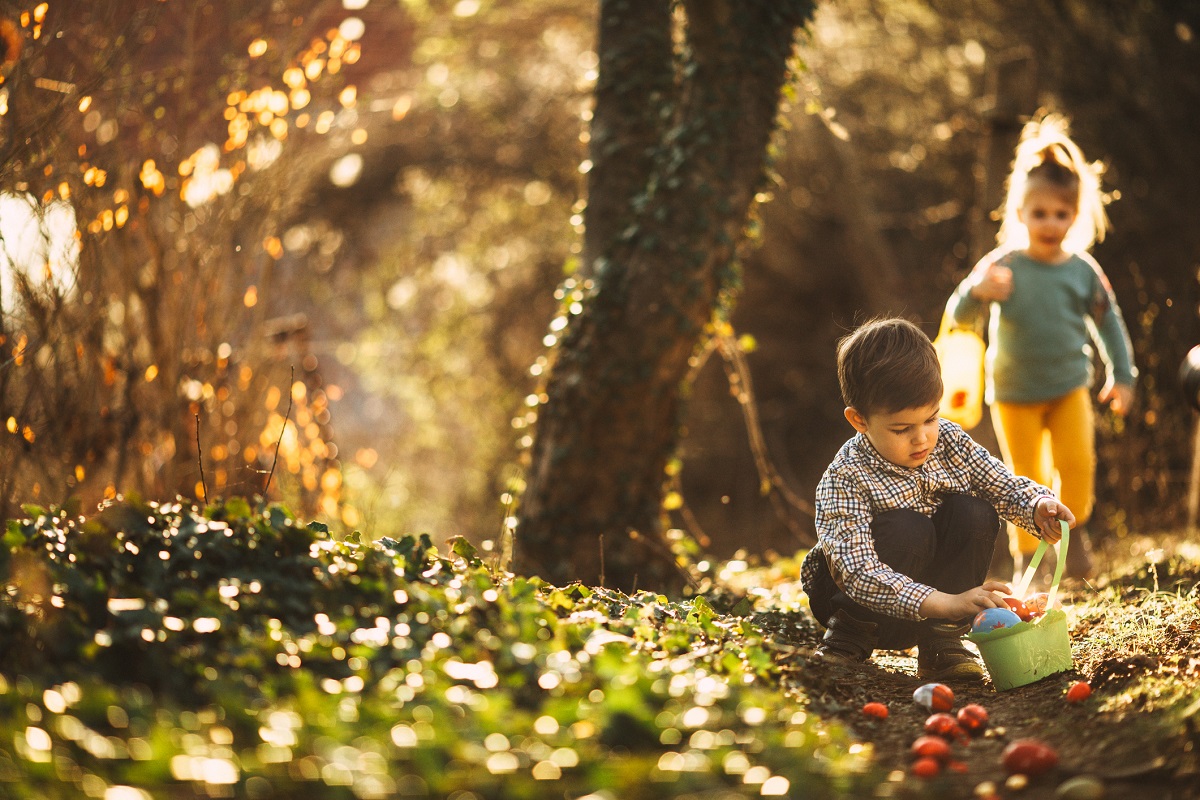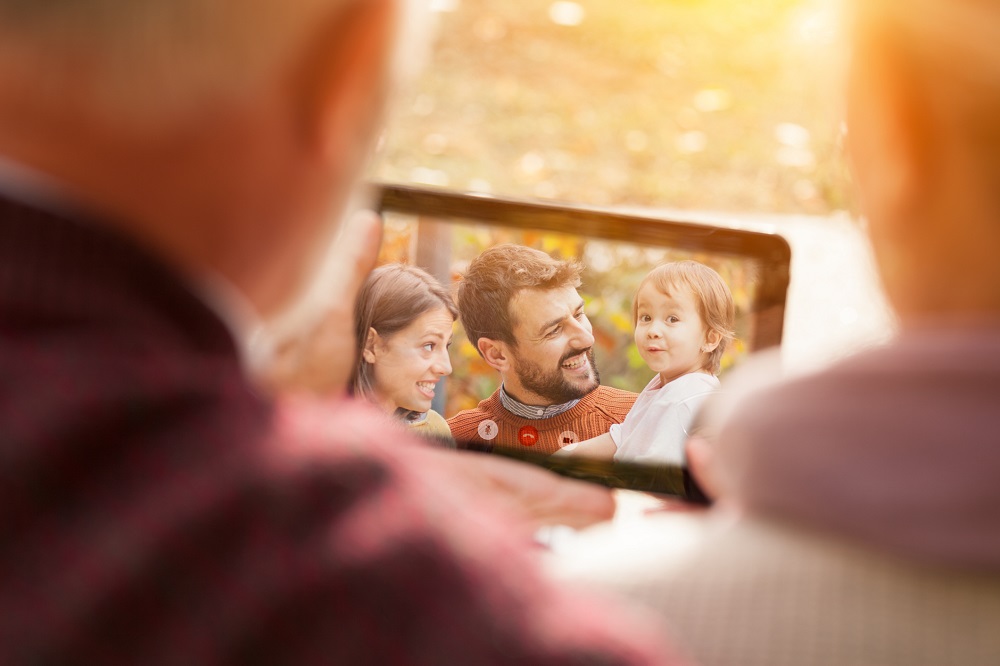Community Connections
Sustaining the spirit of love, hope and faith
Now in this final stretch to Easter, our annual traditions and practices may have to adjust to the new conditions we find ourselves in and our plans may be tinged with the uncertainty affecting us all.
Perhaps there will be smaller celebrations with the people you are self-isolating with, as the extended family is livestreamed into your dining room from their own Easter lunches. Easter egg hunts for just one or two kids, in the backyard. A care basket left on the doorstep of a quarantined friend. Help and a listening ear extended to someone who has lost their livelihood.

Volunteer chaplain at the University of Canberra, Craig Johnson, has been reflecting on the many nuances of this time.
“Staying indoors, social distancing, self-isolation for the good of the community, to ‘flatten the curve’ of COVID-19 infection rates and keep everyone safe and well as much as we can – these have certainly fed into those Lenten themes of self-denial, as well as the spirit of care for everyone,” he says.

And Craig also knows that regardless of your religious or spiritual beliefs, your spirit may be flagging and fatigued – tired of staying indoors and away from friends and family, of being worried, of being told that we’re all living in ‘unprecedented times’.
While pandemics have swept through humanity before, we are nonetheless facing something – as a community, country and planet – that is hugely challenging.
“The disruptions to everyday life and the massive changes we are experiencing can add to a background of unsettledness and increase our anxiety levels, even if it is unconsciously,” Craig says.
Putting some structure in place in your everyday can go a long way towards stabilising a bit of that uncertainty.
“Staying at home all the time can create an ‘unending holiday’ vibe, which can contribute to you feeling even more off-balance,” Craig says. “Completely unstructured times have their place, but most of the time we may benefit from regular routines.”
This applies to work, study – and spiritual practices.
“I think it’s a great help to build spiritual routines into our schedules,” Craig says. “For people of many faiths, a healthy relationship with God is an essential way to maintain wellness.
“Factor in regular time to practise your faith. For anyone looking for support, we have a UC Reading About Jesus group which has now gone online, on Thursdays, 11am–12pm. It is a time to read the Bible, reflect and discuss together, and ask questions.”
Craig says that as humans, we are body, mind and spirit – and the wellbeing of one aspect is usually affected by the wellbeing of the others.
“Our spiritual wellness will usually be helped by also maintaining physical and mental wellness,” he says.
The practical form of that will look different for everyone.
“We each have to work out what that means on a personal level,” Craig says.

“For example, think about what that means in terms of going outside for fresh air and exercise, or how much sleep you are getting, or what kind of media intake you are receiving. You might want to do some PE with Joe on YouTube, or schedule in some comedy as part of your YouTube surfing habits.”
Physical distancing doesn’t have to mean a breakdown of communication or engagement.
“In the church I am a part of, we talk about not turning social distancing into social disengagement,” Craig says.
“While many of us will crave physical face-to-face connection, we still need to use whatever means are available to keep connected with others for mutual support. Many spiritual communities are using technologies like Zoom and Skype. For one-on-one interactions, you might use FaceTime or other video calling apps,” he adds.

“Consider interspersing online interactions with more old school methods of communication to reduce screen fatigue – maybe write a letter or send a card and support Australia Post while you’re at it! Or just pick up the phone and make a call.”
This time can also be used to develop better relationships with the people in your household, whom you will be seeing a lot more of now.
“Whatever the means, good relationships are so important for spiritual wellbeing and we need to maintain them. They will be a source of help to us, and we can be a source of help to others,” Craig says.
Even as people have seen the physical space between them grow nowadays, the measures put in place to fight the COVID-19 pandemic have also drawn many closer together in ways that really count.
“We have all seen so many acts of kindness in recent days,” says Craig.
“People have come together in a time of need, reached out to others, offered help and support in so many tangible ways. It’s important to realise that a challenging time isn’t necessarily insurmountable – and there are many forms of help at hand if you need it.
“And that too feeds into the Easter message, which is one of love and hope, renewal and faith.”
Craig is always ready to extend support to or have a chat with all UC students and staff, from all faiths and belief systems, and can be reached at craig.johnson@canberra.edu.au.
The Medical and Counselling Centre at UC is another means of support.
Telehealth video and phone consultations are available with the doctors; face-to-face consultations are available only after a telehealth assessment.
Psychologists and counsellors are available on the phone and via telehealth.
Call 6201 2351 for more information.
Words by Suzanne Lazaroo, photos: supplied and stock images